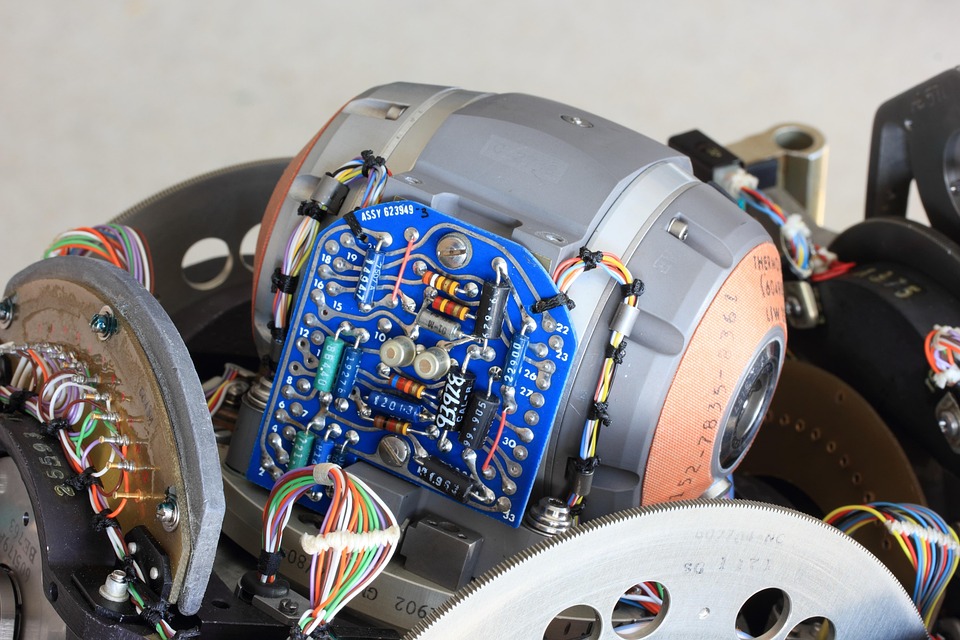Navigating Your Career Path as a Control and Instrumentation Engineer: Essential Roadmaps for Success
Embarking on a career as a Control and Instrumentation Engineer can be both exhilarating and daunting. This unique profession, nestled at the intersection of engineering and technology, offers a plethora of opportunities, yet demands a keen understanding of various disciplines. To navigate this intricate landscape, one must consider a series of pivotal elements that can enhance both personal and professional growth.
1. Embrace Continuous Learning
In an era where technology evolves at breakneck speed, keeping abreast of the latest advancements is crucial. Continuous learning isn’t merely advisable; it’s essential. Engage in professional development courses, attend workshops, and immerse yourself in the latest research. Consider obtaining professional certifications such as the Chartered Engineer status from the Institution of Engineering and Technology (IET). This not only fortifies your knowledge base but also enhances your credibility within the industry.
2. Networking: The Hidden Currency
While technical skills are undeniably important, soft skills often carry equal weight. Building a robust professional network can open doors to opportunities that might otherwise remain hidden. Attend conferences, join relevant online forums, and participate in local engineering societies. Establishing relationships with experienced professionals can provide invaluable insights and mentorship, guiding you through the labyrinth of career choices.
3. Specialisation vs. Generalisation
A pivotal decision in your career journey is whether to specialise or maintain a broader skill set. Specialising in a niche area, such as automation systems or safety instrumentation, can position you as an expert, potentially leading to higher remuneration and career advancement. Conversely, a generalist approach may provide versatility, allowing you to adapt to various roles and industries. Weigh the pros and cons carefully, considering both your interests and the job market trends.
4. Hands-On Experience: The Real Teacher
Theory without practice can often lead to a disjointed understanding of the field. Seek internships or placement opportunities where you can gain practical experience. Whether it’s working on a live project or assisting seasoned engineers, these experiences will deepen your comprehension of control systems and instrumentation. Moreover, they can significantly enhance your CV, demonstrating your commitment to prospective employers.
5. Stay Agile in a Dynamic Environment
The landscape of engineering is perpetually shifting. Industries are increasingly integrating new technologies like Industry 4.0, IoT, and AI into their frameworks. To remain relevant, cultivate an agile mindset. Be prepared to pivot your expertise towards emerging technologies and trends. This adaptability will not only bolster your employability but will also position you as a forward-thinking engineer capable of navigating future challenges.
6. The Art of Self-Promotion
In an age where personal branding is paramount, learning to promote yourself effectively is vital. A well-crafted CV that highlights your skills, experiences, and achievements can set you apart from the competition. Don’t shy away from utilising platforms like LinkedIn to showcase your projects, connect with industry professionals, and share your insights. A proactive approach in self-promotion can significantly enhance your visibility in the field.
Charting Your Unique Course
As you traverse the landscape of your career as a Control and Instrumentation Engineer, remember that there’s no one-size-fits-all path. While the road may be fraught with challenges, it is also rich with opportunities for growth and learning. By embracing continuous education, building a strong network, and remaining adaptable, you can carve out a successful career that not only meets your aspirations but also contributes to the ever-evolving field of engineering.
CVPortal continues to bring you a variety of high-quality CV references to support your journey.


